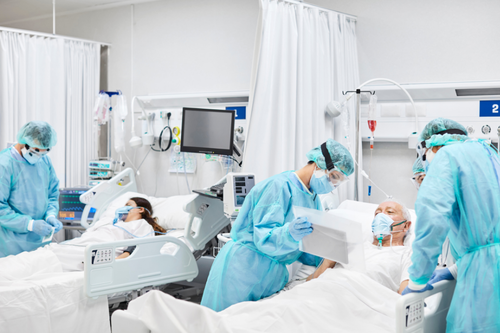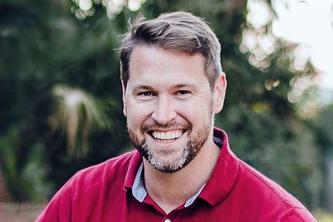
The COVID-19 pandemic has upended nearly every aspect of day-to-day life and work. Humphrey School of Public Affairs Professor Morris Kleiner is available to discuss how COVID-19 has affected the labor market, particularly how occupational licensing — which varies from state to state — can impact the health care workforce.
Morris Kleiner, Ph.D.
On the impact of occupational licensing on health care workers:
“Health care workers, such as nurses and respiratory therapists, need to be licensed by individual states in order to work in those states. To illustrate what’s happened: There are groups of health care workers called 'COVID chasers.' They act in a manner similar to tornado chasers by traveling around the country to assist at various COVID-19 hotspots. However, it’s been much harder for these people to actually take care of COVID-19 patients in some states, because the states have not been able to ramp up their medical labor capacity to assist patients. Licensing issues have really served as sand, rather than grease, in how these particular labor markets operate.”
On how states are responding:
“Each state manages its own licensing. However, there are 36 states that have formed a compact to allow immediate licensing for nurses who move from one of those states to another. Minnesota is not a part of that compact; so, to come to Minnesota to work, a nurse has to meet the state’s licensing requirements. Earlier on in the pandemic, Minnesota’s governor had to give provisional licensing permission for individuals.
“Other states have taken different approaches. For instance, in Colorado, individuals who had just graduated as a respiratory therapist or as a nurse were given immediate temporary licenses. Normally they would have to do an apprenticeship or pass a test but given that Denver was at one point a COVID-19 hotspot, these individuals were given immediate provisional licenses upon graduation. In addition, individuals who had let their licenses expire were immediately allowed to practice for a time even though they had not kept their licenses up. As a result, Colorado increased its health care capacity by 10 to 15 percent.
“So, it’s not just hospital capacity, or equipment such as respirators, that are needed to treat patients with COVID-19. It’s the human capital of having enough staff to respond that is really important. Occupational licensing plays a really significant role in the health care systems’ ability to increase capacity.”
Morris Kleiner, Ph.D., is a professor in the Humphrey School of Public Affairs. His research interests include the impact of occupational licensure on the labor force.
Download a high-resolution image of Morris Kleiner.
- Categories:
- Law and Policy




